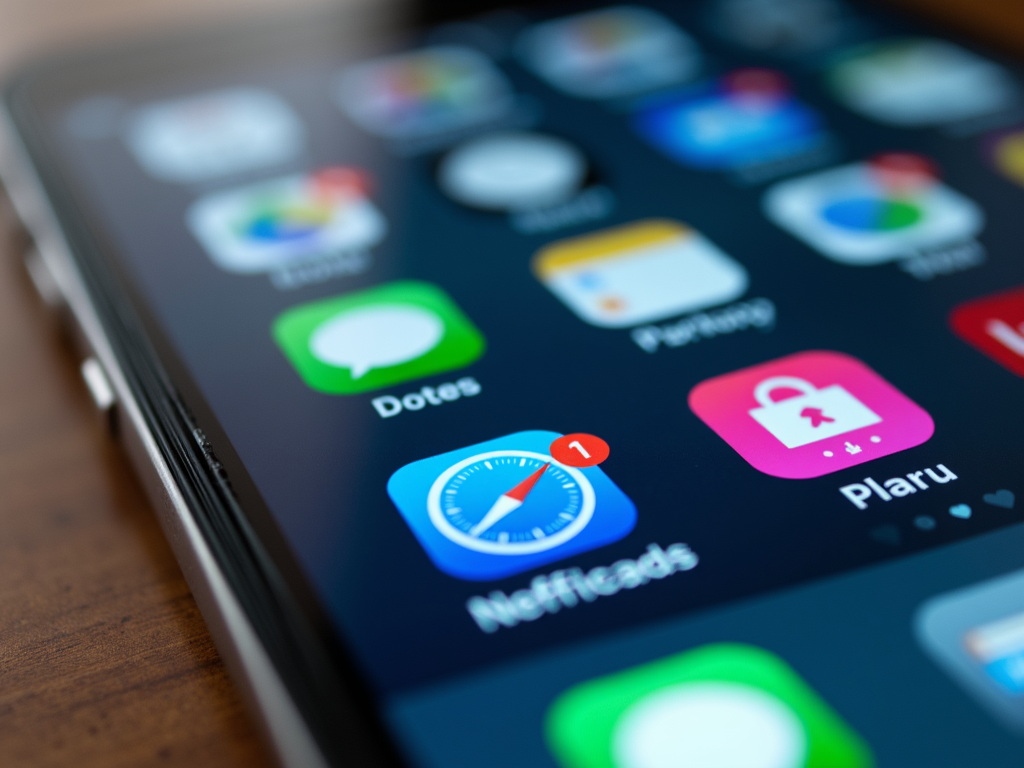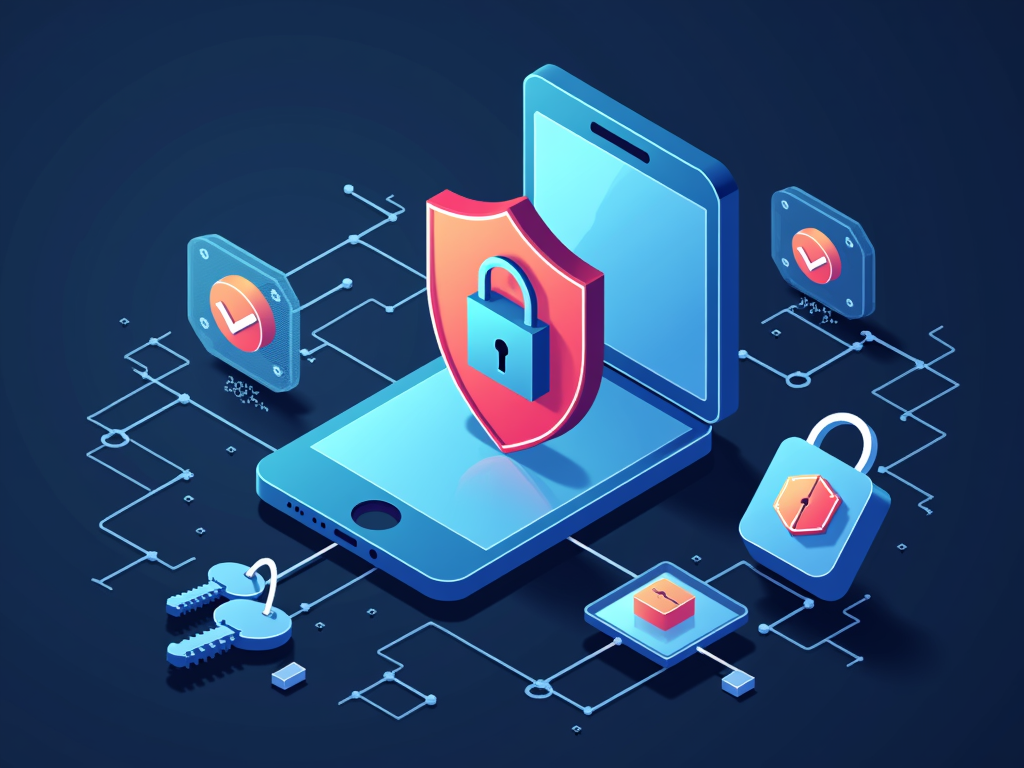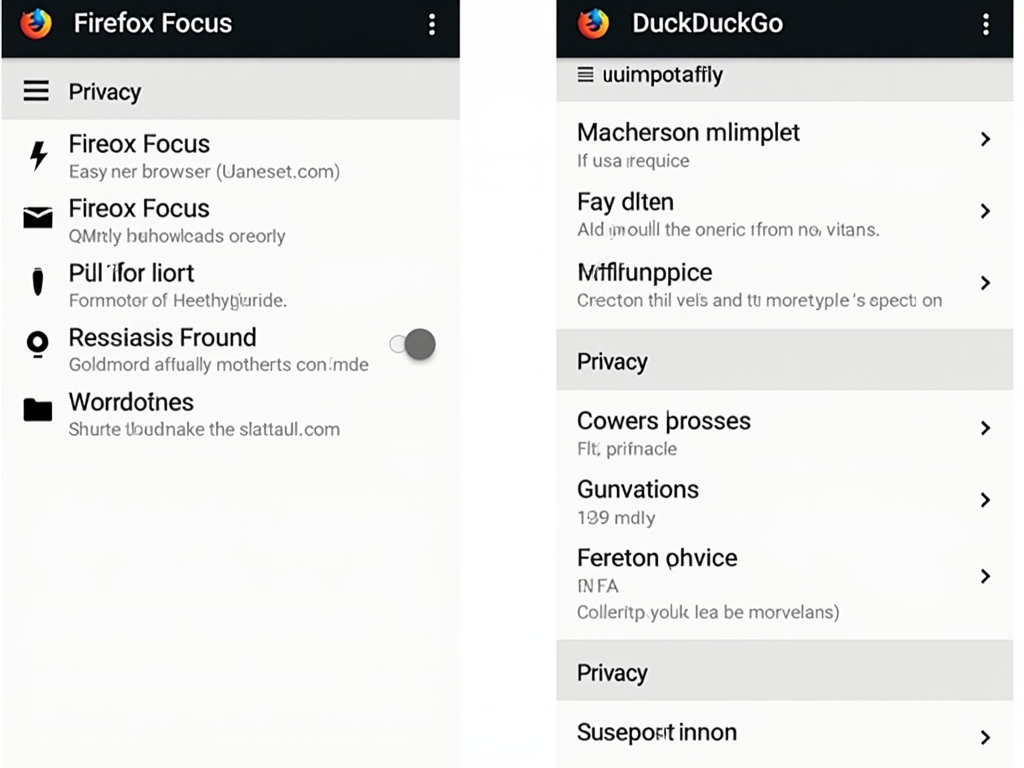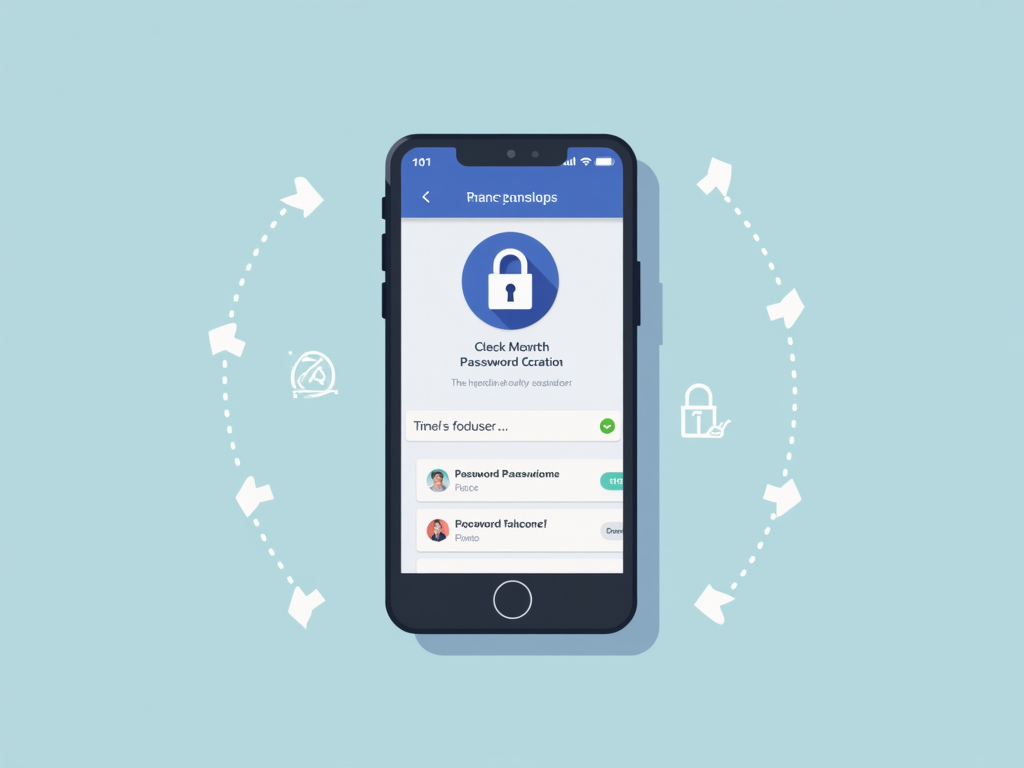How to Protect Your Data on Mobile Devices
In today's digital age, our mobile devices are treasure troves of personal information. From banking details to private messages, protecting this data is crucial. This article explores practical ways to safeguard your mobile data, including a detailed comparison of privacy-focused browsers Firefox Focus and DuckDuckGo.

Understanding Mobile Data Risks
Mobile devices are vulnerable to various threats, including malware, phishing attacks, and data breaches. According to a recent study by the Electronic Frontier Foundation (EFF), over 60% of mobile users have experienced some form of data compromise. Understanding these risks is the first step towards protection.
Best Practices for Protecting Data
App Permissions
Always review and limit app permissions. Only grant access to necessary features. For example, a flashlight app doesn't need access to your contacts. Personally, I once downloaded a weather app that requested access to my location, camera, and contacts. I denied all but location access, as it was the only relevant permission.

Secure Connections
Use a Virtual Private Network (VPN) to encrypt your internet traffic, especially on public Wi-Fi. Ensure websites use HTTPS by looking for the padlock icon in the browser. I always activate my VPN when connecting to coffee shop Wi-Fi to prevent potential eavesdropping.
Data Encryption
Enable device encryption to protect your data if your device is lost or stolen. Most modern smartphones offer this feature in settings. Additionally, use encrypted messaging apps like Signal for sensitive communications.

Password Management
Use strong, unique passwords for each account and consider a password manager. Enable two-factor authentication (2FA) for an extra layer of security. I use a password manager to generate and store complex passwords, making it easier to maintain security without memorizing dozens of passwords.
Regular Updates
Keep your device's operating system and apps updated. Updates often include security patches for known vulnerabilities. Set your device to update automatically if possible.
Choosing a Private Mobile Browser
Your choice of browser can significantly impact your online privacy. Two popular options are Firefox Focus and DuckDuckGo, both known for their privacy features.

Firefox Focus vs DuckDuckGo: A Deep Dive
Both browsers prioritize user privacy, but they have distinct approaches.
- Firefox Focus: Automatically blocks trackers and ads, erases browsing history after each session.
- DuckDuckGo: Offers private search, tracker blocking, and enforces encrypted connections where possible.
Here's a comparison table:
| Feature | Firefox Focus | DuckDuckGo |
|---|---|---|
| Tracker Blocking | Yes | Yes |
| Ad Blocking | Yes | Partial |
| Private Search | No | Yes |
| History Erasure | Automatic | Manual |
Based on my experience, Firefox Focus is ideal for users who want a 'set it and forget it' privacy solution, while DuckDuckGo offers more flexibility with its search capabilities. For a detailed comparison, see Firefox Focus vs DuckDuckGo: which mobile browser is more private?.
Additional Tips and Tools
- Use secure messaging apps like Signal or WhatsApp for encrypted communications.
- Enable remote wipe features in case your device is lost or stolen.
- Regularly back up your data to a secure location.
- Be cautious with app installations; only download from trusted sources.

Summary
Protecting your data on mobile devices requires a combination of best practices, including managing app permissions, using secure connections, encrypting data, managing passwords effectively, and keeping your device updated. Choosing a privacy-focused browser like Firefox Focus or DuckDuckGo can further enhance your online privacy. By implementing these strategies, you can significantly reduce the risk of data breaches and maintain control over your personal information.